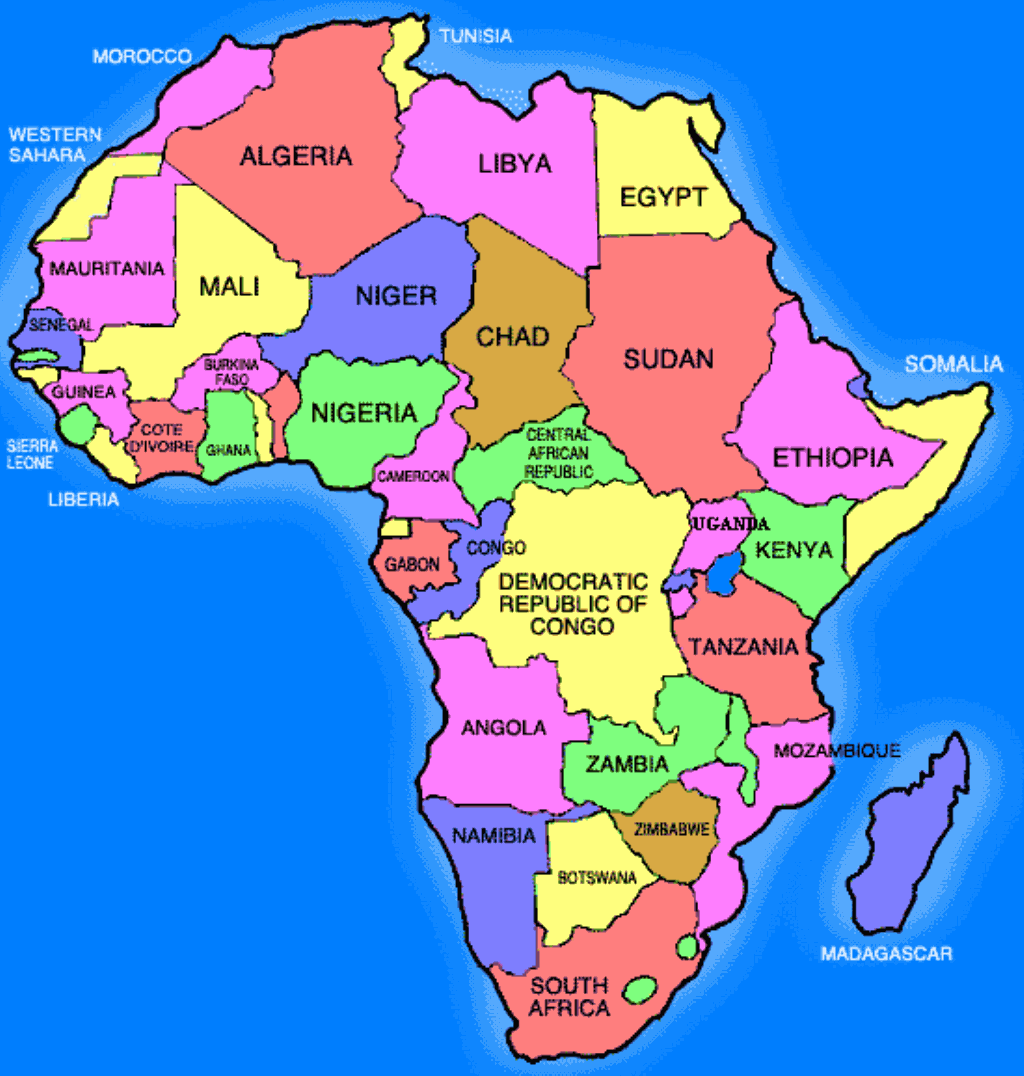
The US-Brokered Peace Deal and the Complex Web of Mineral Resources
A recent peace deal brokered by the United States between the Democratic Republic of Congo (DRC) and Rwanda has sparked significant debate. This agreement, signed in June 2025, aims to bring an end to over three decades of conflict between the two African nations. However, it also introduces a troubling dynamic: a potential arrangement where one country sacrifices its mineral resources for the security assurances provided by a superpower.
The core of the agreement involves both nations committing to develop a regional economic integration framework. This initiative would enhance cooperation among the DRC, Rwanda, the U.S. government, and American investors on "transparent, formalized end-to-end mineral chains." Despite its vast mineral wealth, the DRC is among the five poorest countries in the world. It has been seeking U.S. investment in its mineral sector, which the U.S. has promoted as a potential multi-billion-dollar investment program to anchor its mineral supply chains in this troubled territory.
This peace deal hinges on linking mineral supply chains to the U.S. in exchange for Washington's military oversight, albeit vaguely defined. Additionally, the agreement establishes a joint oversight committee with representatives from the African Union, Qatar, and the U.S. to address complaints and resolve disputes between the DRC and Rwanda. However, the deal does not impose specific security obligations on the U.S., raising concerns about the true nature of the commitment.
The historical relationship between the DRC and Rwanda has been marked by war and tension since the First and Second Congo Wars. At the heart of much of this conflict lies the DRC's mineral wealth, which has fueled competition, exploitation, and armed violence. This latest peace deal introduces a resources-for-security arrangement, a model that has appeared in Africa before, often in the form of resource-for-infrastructure transactions.
In these deals, foreign states would agree to build infrastructure in exchange for a stake in mining companies or preferential access to minerals. However, such arrangements have often eroded the sovereignty and bargaining power of mineral-rich nations like the DRC and Angola. These deals are typically less transparent and more complex than previous resource bartering agreements, making them particularly risky for developing nations.
The DRC's Security Challenges
The DRC is rich in critical minerals such as cobalt, copper, lithium, manganese, and tantalum, essential for modern technologies. Rwanda, while less wealthy in minerals, is a significant producer of tantalum. For nearly 30 years, minerals have driven conflict and severe violence, especially in eastern DRC. Tungsten, tantalum, and gold (referred to as 3TG) finance and drive conflict as various armed groups vie for control over lucrative mining sites. Several reports have implicated Rwanda and Uganda in supporting illegal extraction of 3TG in the region.
The DRC government has struggled to extend security across its vast territory, hindered by limited resources, logistical challenges, and corruption. This context makes the U.S. military backing attractive, but our research indicates there are significant risks involved.
The Risks of Resource-for-Security Deals
Resource-for-infrastructure and resource-for-security deals often offer short-term stability, financing, or global goodwill, but they come with long-term costs. Certain clauses in these contracts can freeze future regulatory reforms, limiting legislative autonomy. Other clauses may lock in low prices for years, preventing resource-selling states from benefiting when commodity prices surge. Arbitration clauses often shift disputes to international forums, bypassing local courts, and infrastructure loans are often secured via resource revenues used as loan security, undermining sovereign fiscal control.
Examples of loss or near-loss of sovereignty from these sorts of deals abound in Africa. For instance, Angola's $2 billion oil-backed loan from China Eximbank in 2004 was repayable in monthly deliveries of oil, with revenues directed to Chinese-controlled accounts. The loan's design deprived Angolan authorities of decision-making power over that income stream even before the oil was extracted.
These deals also fragment accountability, often spanning multiple ministries, avoiding robust oversight or accountability. Fragmentation makes resource sectors vulnerable to elite capture, where powerful insiders manipulate agreements for private gain. In the DRC, this has created a violent kleptocracy, where resource wealth is systematically diverted away from popular benefit.
Finally, there is the risk of re-entrenching extractive trauma. Communities displaced for mining and environmental degradation in many African countries illustrate the long-standing harm to livelihoods, health, and social cohesion. These are not new problems, but where extraction is tied to security or infrastructure, such damage risks becoming permanent features, not temporary costs.
What Needs to Change
Critical minerals are "critical" because they're hard to mine or substitute. Their supply chains are strategically vulnerable and politically exposed. Whoever controls these minerals controls the future. Africa must ensure it doesn't trade that future away.
In a world being reshaped by global interests in critical minerals, African states must not underestimate the strategic value of their mineral resources. They hold considerable leverage. But leverage only works if it is wielded strategically. This means:
- Investing in institutional strength and legal capacity to negotiate better deals
- Demanding local value creation and addition
- Requiring transparency and parliamentary oversight for minerals-related agreements
- Refusing deals that bypass human rights, environmental, or sovereignty standards
Africa has the resources. It must hold on to the power they wield.
